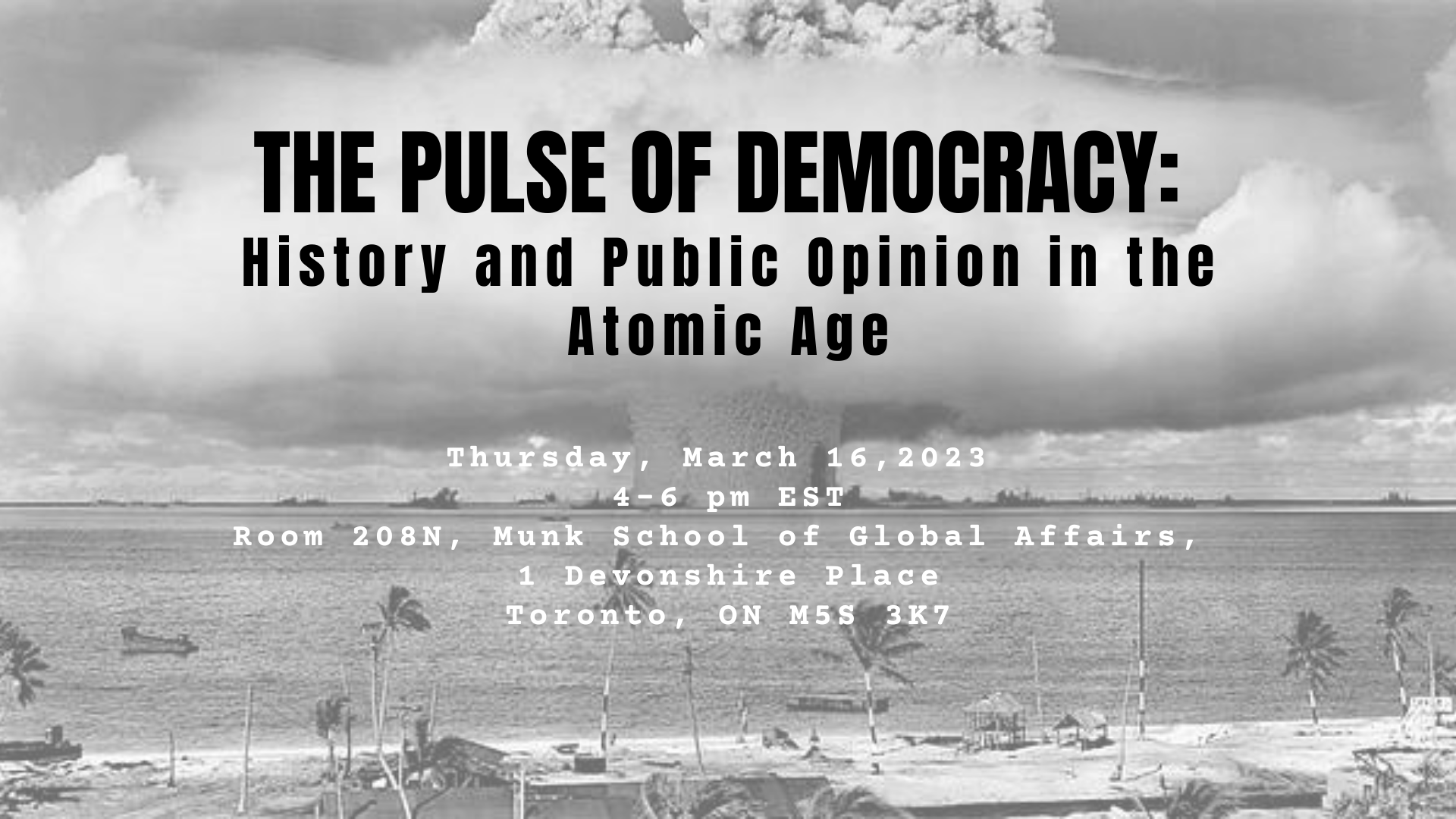Associated Event: Canada's Indo-Pacific Strategy: What Does it Mean?
A Lunch Talk featuring Professor Janice Stein, Indo-Pacific Advisory Committee, and Kim Nossal, Queen's University political scientist.
The Canadian government released its much-awaited Indo-Pacific Strategy in November 2022. The strategy calls out China as an "increasingly disruptive global power" that must be challenged on profound areas of disagreement despite the necessity of cooperation on global issues. It also calls for deeper cooperation with democracies such as India, Japan, and South Korea. How should we understand the strategy, and how can it achieve success? This event will feature Professor Janice Stein, who co-chaired the government's Indo-Pacific Advisory Committee, and Kim Nossal, Queen's University political scientist and commentator on Canadian foreign policy. They will share their thoughts about the history of Canadian engagement with the region, the objectives of the new strategy, and challenges they foresee in its implementation.
Lunch will be served.
Speakers
Janice Gross Stein is the Belzberg Professor of Conflict Management in the Department of Political Science and the Founding Director of the Munk School of Global Affairs & Public Policy at the University of Toronto. She is a Fellow of the Royal Society of Canada and a member of the Order of Canada and the Order of Ontario. She was the Massey Lecturer in 2001 and a Trudeau Fellow. She was awarded the Molson Prize by the Canada Council for an outstanding contribution by a social scientist to public debate and has received Honorary Doctorates of Laws from universities in Canada and abroad. She is also an Honorary Foreign Member of the American Academy of Arts and Sciences and a Senior Fellow of the Kissinger Center at SAIS at Johns Hopkins University. Her current research focuses on technology and public policy in the context of great power competition. Last year, she co-chaired the National Advisory Committee on Canada’s Indo-Pacific Strategy for the Minister of Global Affairs.
Kim Richard Nossal is a professor emeritus in the Department of Political Studies and the Centre for International and Defence Policy at Queen’s University. He was editor of International Journal, the quarterly journal of the Canadian International Council and was president of the Canadian Political Science Association. He is a Fellow of the Royal Society of Canada. He is the author of a number of works on Canadian foreign policy; his most recent book, Canada Alone: Navigating the Post-American World will be published by Dundurn Press later this year.
Moderators
Dr. Phillip Lipscy (Director, Centre for the Study of Global Japan, Professor, Munk School of Global Affairs & Public Policy)
Dr. John Meehan (Director, The Bill Graham Centre for Contemporary International History)
Dr. Jack Cunningham (Program Coordinator, Bill Graham Centre for Contemporary International History)
Organized by the Centre for the Study of Global Japan and the Bill Graham Centre for Contemporary International History, University of Toronto.

























